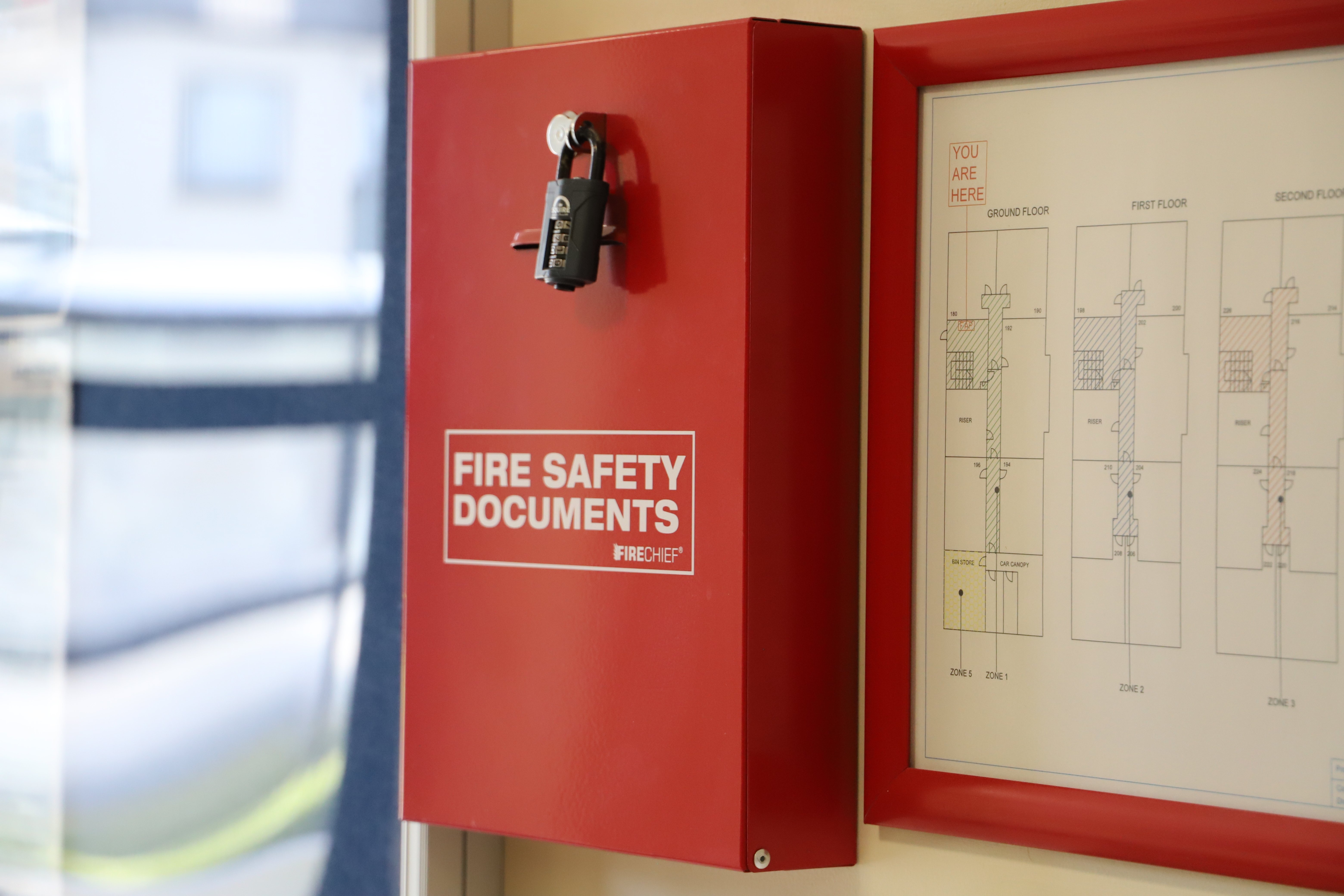A Fire Risk Assessment should be seen as the first step to be able to control, manage and mitigate risk from fire and ensure fire safety. These assessments are designed to identify and evaluate any potential fire hazards in a building, and to implement measures to minimise the risk of fire and protect the lives of the buildings occupants.
Rules and Regulations
Why are Fire Risk Assessments (FRAs) vital to Fire Safety?
The purpose of a fire risk assessment is to correctly identify any potential fire hazards in a building, and to evaluate any risks to the building occupants. This includes identifying any potential sources of ignition, such as electrical equipment or open flames, as well as the materials that could fuel a fire, such as paper or flammable chemicals. The assessments also looks at the means of escape in case of a fire and the provision of firefighting equipment.
Once any fire hazards have been identified, the fire risk assessment will recommend actions to reduce or remove the risks. This can include installing relevant fire alarms and sprinkler systems, providing fire extinguishers and fire blankets and ensuring that escape routes are clearly marked and importantly, unobstructed. In addition, the assessment may recommend the need for staff training on fire safety and evacuation procedures.
Importantly fire risk assessments are not a one-time event but an ongoing process. The assessment should be reviewed regularly, we would recommend at least annually, or following any significant changes to the building or how it’s used. This ensures that the measures put in place to reduce the risk of fire are still effective and that any new hazards are identified and correctly addressed.
To learn more about Firntec, contact us today via our contact page.
Chris Jones
Sign up to receive our emails
You'll receive all the latest news and blogs straight to your inbox.



